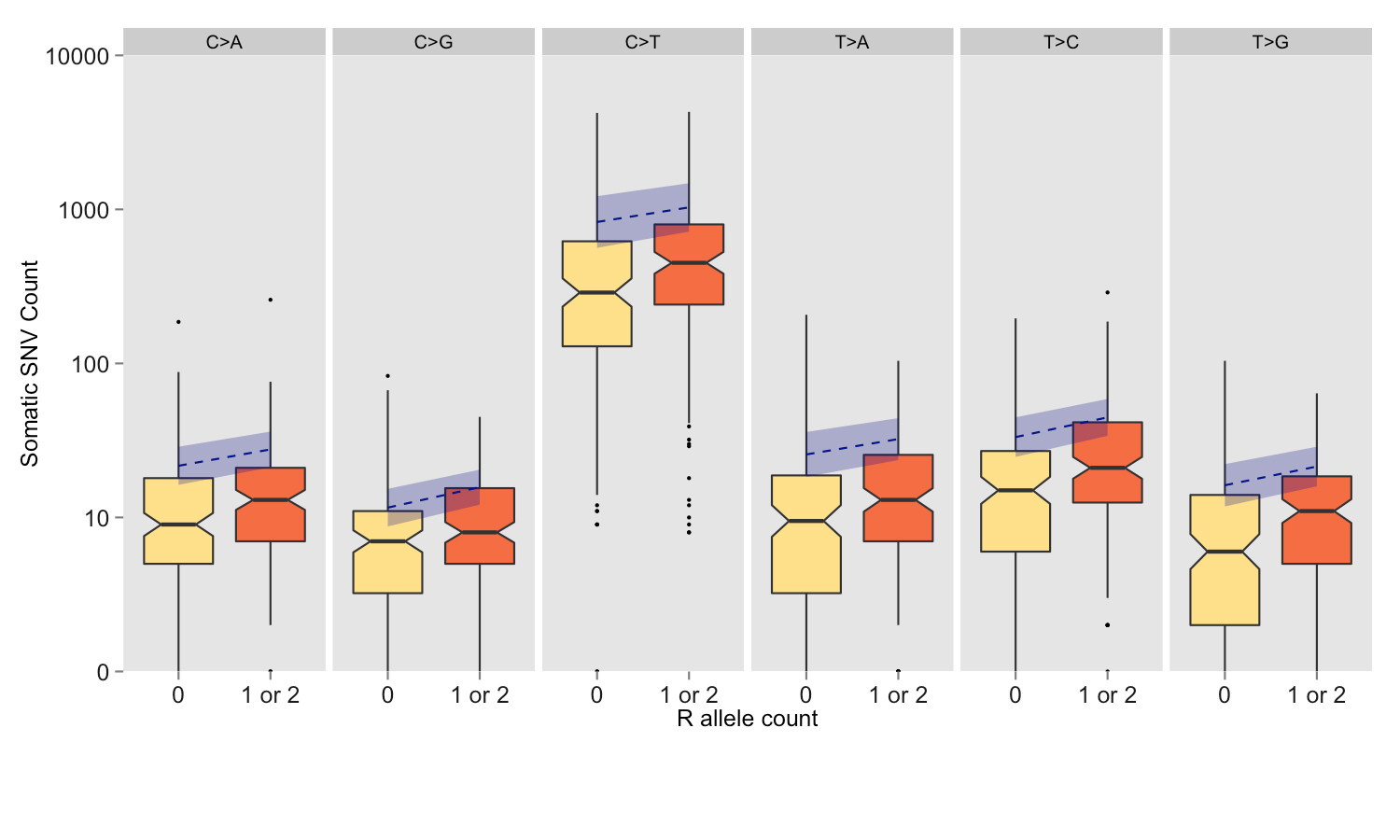 For the first time, researchers at the Wellcome Trust Sanger Institute and University of Leeds have proved that gene variants associated with red hair, pale skin and freckles are linked to a higher number of genetic mutations in skin cancers. The burden of mutations associated with these variants is comparable to an extra 21 years of sun exposure in people without this variant.
For the first time, researchers at the Wellcome Trust Sanger Institute and University of Leeds have proved that gene variants associated with red hair, pale skin and freckles are linked to a higher number of genetic mutations in skin cancers. The burden of mutations associated with these variants is comparable to an extra 21 years of sun exposure in people without this variant.
The research, published today (Tuesday 12 July) in Nature Communications, showed that even a single copy of a red
«It has been known for a while that a person with red hair has an increased likelihood of developing skin cancer, but this is the first time that the gene has been proven to be associated with skin cancers with more mutations.»
«Unexpectedly, we also showed that people with only a single copy of the gene variant still have a much higher number of tumour mutations than the rest of the population. This is one of the first examples of a common genetic profile having a large impact on a cancer genome and could help better identify people at higher risk of developing skin cancer.»
Dr David Adams, joint lead researcher at the Wellcome Trust Sanger Institute
The researchers analysed publically available
«This is the first study to look at how the inherited MC1R gene affects the number of spontaneous mutations in skin cancers and has significant implications for understanding how skin cancers form. It has only been possible due to the
Professor Tim Bishop, joint lead author and Director of the Leeds Institute of Cancer and Pathology at the University of Leeds
Exposure to ultraviolet light from either sunlight or sunbeds causes damage to DNA and it has been thought that the type of skin pigment associated with
«This important research explains why
«For all of us the best way to protect skin when the sun is strong is to spend time in the shade between 11am and 3pm, and to cover up with a
Dr Julie Sharp, head of health and patient information at Cancer Research UK
Source: http://www.sanger.ac.uk/news/view/red-hair-gene-variant-drives-skin-cancer-mutations

